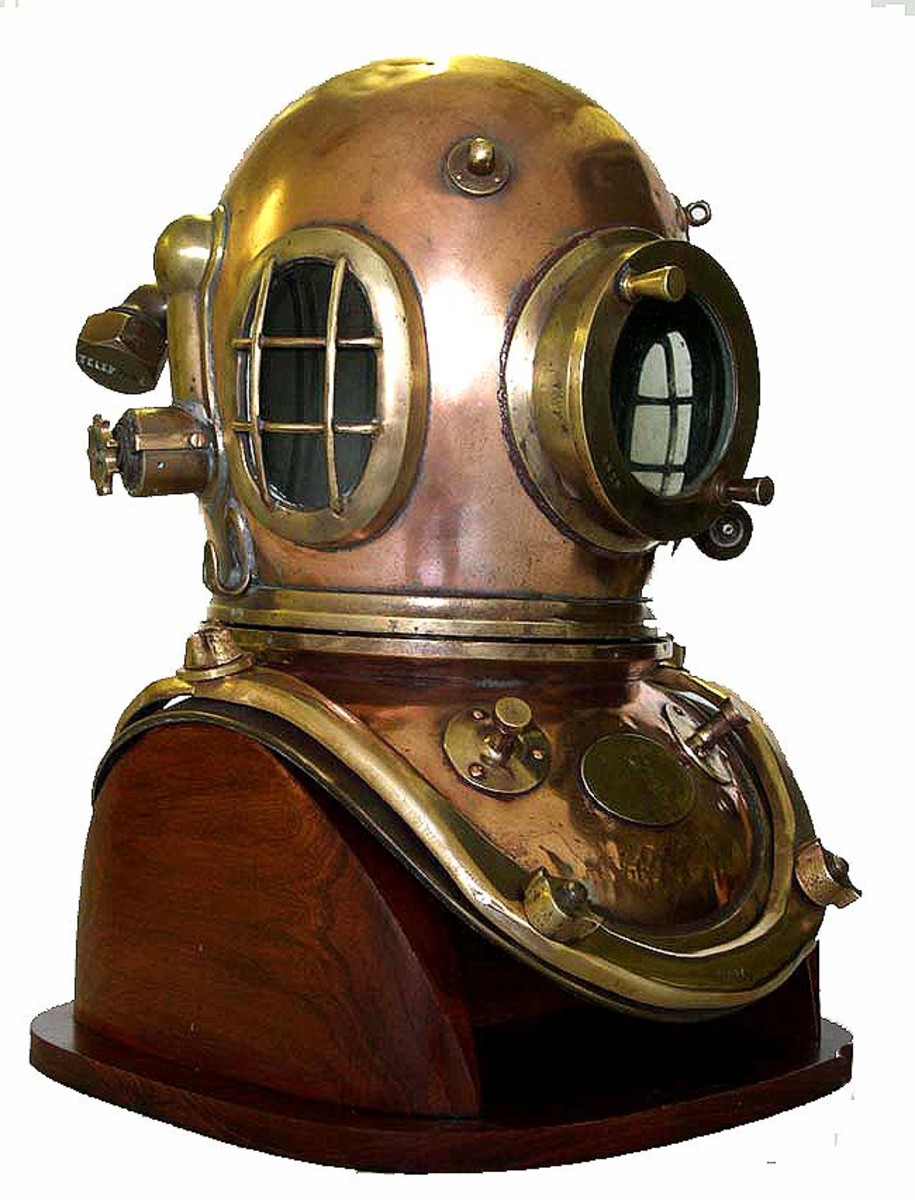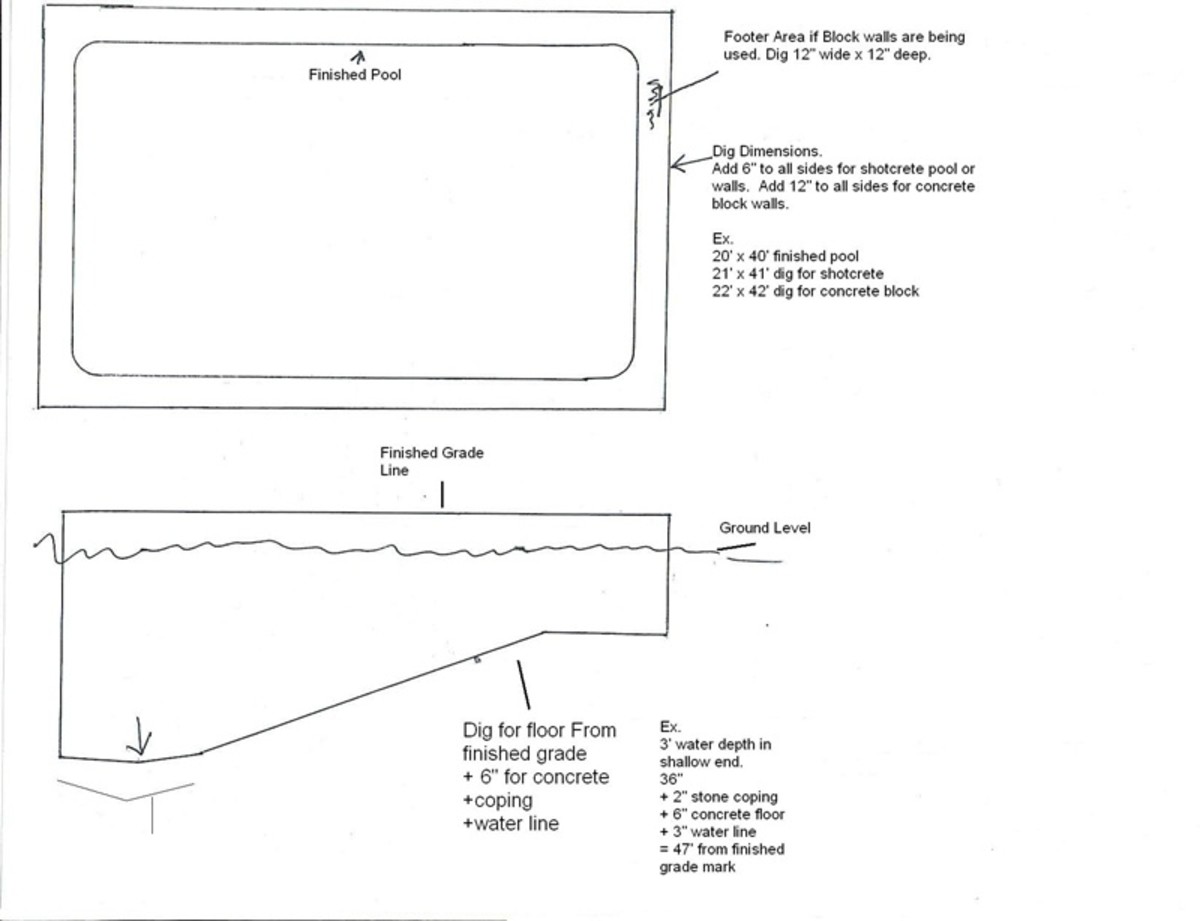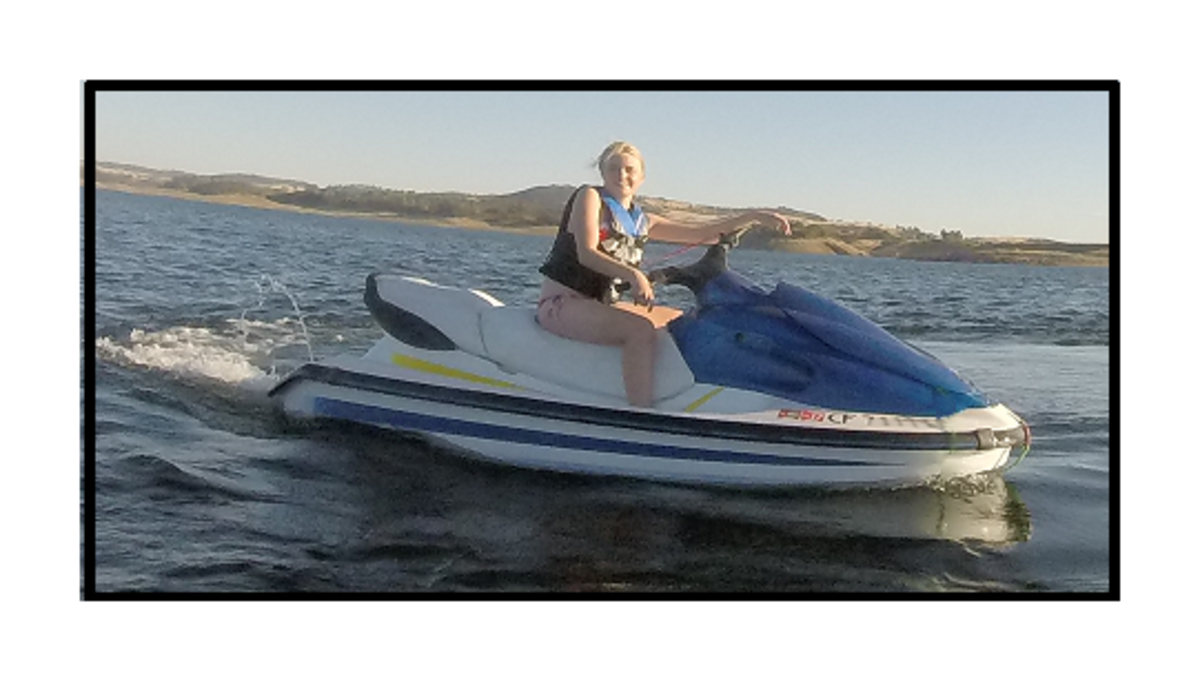Should recreational divers use rebreathers - Rebreather myths

Most recreational scuba divers use open circuit scuba equipment. That's just the way it is. There are a select bunch though that choose to step up their game a little bit and make the switch over to using a rebreather. There is a question that always arises when I talk about rebreathers to other recreational divers. The question is one that causes some debate, especially with me. Should recreational scuba divers use rebreathers?
I am the type of diver that wants to experience every type of diving that I can. It's what I live for honestly. I am a scuba diver. I like to stay down longer and see more of the underwater world. How about you? So the question is simple. Should recreational divers use rebreathers? Let's start off with a couple myths.
Have you ever considered learning to use a rebreather?
Myth 1: There are more deaths among scuba divers that use rebreathers.
I will start off my saying that it all depends on how you look at it. I don't know the exact statistics but I do know that there are still a significant amount of deaths per year worldwide on open circuit scuba gear. Rebreathers require the diver to be a little more responsible with their equipment. Being irresponsible can absolutely lead to a death underwater. You need to maintain your equipment and do a proper pre-dive check and setup of your equipment. Most of the divers that have fatal accidents on CCR had their accident due to circumstances that could have been prevented. For instance, their equipment wasn't properly maintained or they didn't do a full and proper pre-dive check. If you follow the rules of scuba diving on both CCR and open circuit, the fatality rate would go way down. I can't say that rebreathers pose no risks for divers because they are a little more technical than the more common open circuit gear. With proper training and maturity level, your fun factor can go way up.
Myth 2: CCR scuba gear is only for extreme tec divers!
Not so! Sure, there are tec divers that have a great use for a CCR or eCCR setup due to the circumstances of their dive profile. However, rec divers can very much benefit from rebreathers and gain many advantages over their open circuit buddies. For example, there are divers who love to interact with underwater wildlife. Open circuit diving allows you do do this to a degree, but in reality, the wildlife to not like your invasive bubbles. CCR allows you to get right into the action with your camera or video camera as there are no bubbles produced. The gain to this is being able to get some images or video footage of wildlife under the sea that other divers will never get. How important this is to you is totally up to you. To me, the benefit of being able to become one with the underwater environment is important because it is a major reason why I dive. If you look at pretty much all of the National Geographic divers and other divers that make their living off of underwater footage, they are almost always using CCR. Are they extreme tec divers? Maybe some of them sure. But are all of them? Probably not. So are rebreathers only for tec divers? I don't think so.
Myth 3: Rebreathers and CCR training is very expensive!
Yep. It is. I will not feed you some lie that says that that diving CCR is not expensive. How much does diving rebreathers cost? Expect to spend anywhere between $10k - $15k to get fully certified with your own equipment. This is all dependent on your location and type of rebreather you want to dive. There are numerous ones out there. On the contrary to the initial cost being expensive, I want to talk about how it could possibly save you money. The human body consumes the same amount of oxygen at depth as when on the surface. This probably applies more to tec divers, but if you dive deep dives frequently and use different mixtures of gases, it can get expensive. Very expensive. Being that open circuit releases unused gas into the water when you exhale, you are actually wasting a lot of your breathing gas because you are exhaling unused oxygen. If you are a frequent deep diver, you know how much your breathing gas costs for a single dive. You can make one dive on your filled tanks, whereas on a rebreather, you are not wasting the unused oxygen so you can get many more dives at the same depth on your rebreather than on your open circuit setup. Do the math. If it cost $100 per fill for a deep dive and you only get one dive and $100 for a fill on your rebreather and you can get 6 - 10 dives , which is more economical? How much money will you save in the long run? Does that make CCR appealing? Maybe if you are a frequent deep diver sure. If you cruise around in the 30 ft - 130 ft range, CCR will probably not pay for itself.
Myth 4: Half my dive trip will be spent doing maintenance on my rebreather...
Again, not true. Depending on how familiar you are with your rebreather, maintenance should only take you between 20 - 30 minutes. Rebreathers are not that hard to do maintenance on if you learn the proper techniques and become familiar with your equipment. Setting up your equipment doesn't take that long either. You are looking at about 20 minutes more on your pre-dive setup over open circuit equipment. However, remember the benefits of being able to save breathing gas and get closer to underwater wildlife. There just isn't to much to say on this matter. While you are learning and becoming familiar with your equipment, setup and maintenance may take a little longer. But with time and familiarity you knock the time right off. What is 20 extra minutes anyways for the benefits you get underwater.
Myth 5: Rebreathers are heavy, bulky, and a pain to take on dive trips!
Most of this is true. Yes, rebreathers are heavy and bulky. In turn this does make them a pain to take on trips. Also, some dive charters don't allow rebreathers on board their vessels. You should make sure your dive charter for your vacation allows the use of rebreathers. If they do, yes, you will probably have to pay some extra cost in order to bring your rebreather due to weight restrictions on airplanes. If you dive locally though, there is not extra fee. If you drive to your dive destinations, again, no extra cost. This only speaks true to those of you who live either coastal or very close to popular dive destinations. In all honesty, if you don't want to pay extra fees for airplanes or dive charters, you may be better off taking your open circuit regulators. This is just a choice you will have to make yourself.
Conclusion
So should recreational divers use rebreathers? In conclusion, it is totally up to the diver. Personally, I see some benefits and gains from using a rebreather. Every diver has their own preferences and reasons for doing the dives they do. I want to get closer to wildlife and see more natural behavior. I want to be able to get some underwater footage that most of my dive buddies will never get. I want to be able to say yes, I dive CCR. These are my preferences. Do you have preferences and reasons for wanting to dive rebreathers? Tell us your reasons in the comments section below. Do you think that recreational divers should use rebreathers?
Thanks for reading Rec Scuba! Happy diving!









